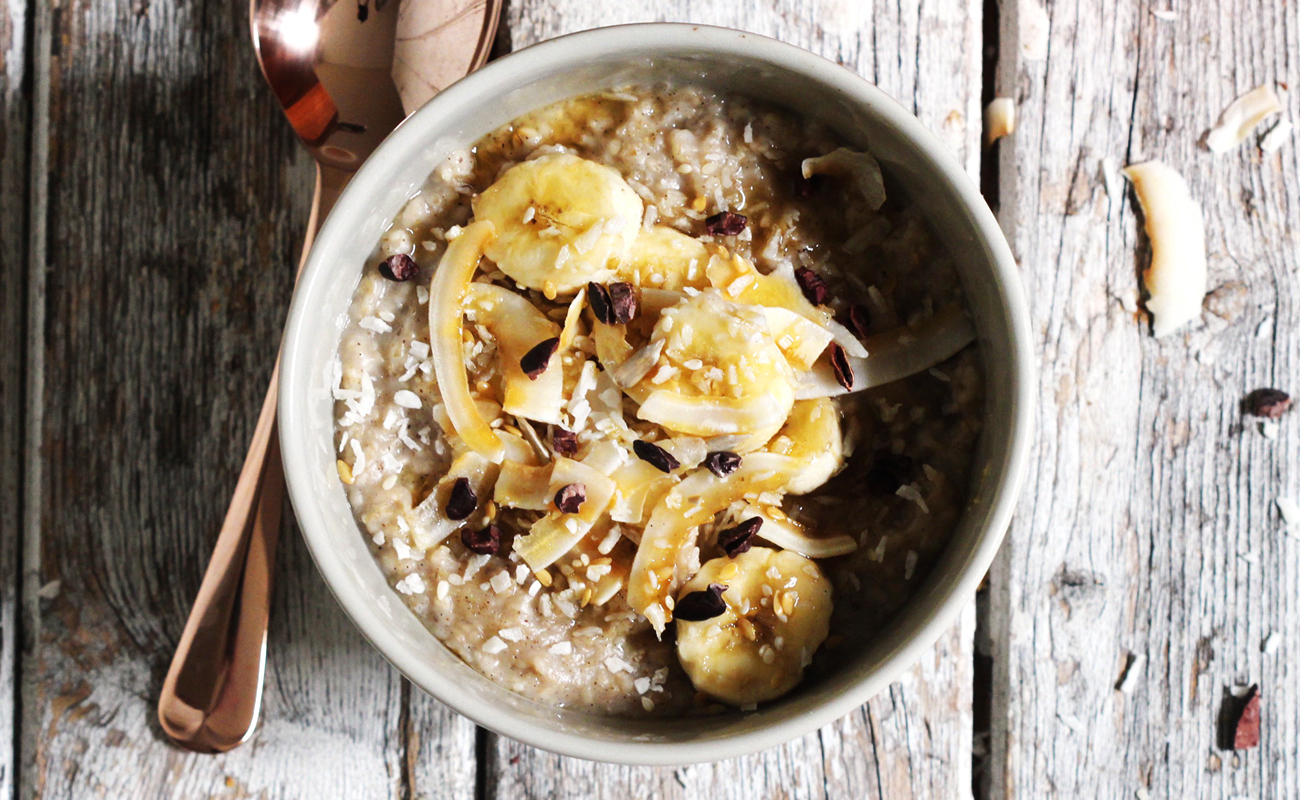Nutrition, Exercise and Sleep: What You Need to Know
10th April
Food. Fitness. Rest. Sounds like a simple enough formula for healthier living. So why do so many of us find it SO damn difficult? Just in case you, like 99.9% of earthly beings, find it hard to nail from time to time, Amy Anderson is here to offer some handy insights – courtesy of science (and tips from the pros.)
Everyone knows that a strong correlation exists between eating properly, exercising and getting the right amount of sleep. Yet, while we all know this, life tends to get in the way and more often than not two out of three, or even all three go by the wayside. We’ve mentioned before how proper food and nutrition are also good immune boosters which help ward off disease and illness. In the same way, proper nutrition is important if you want to maintain an exercise regime, as it will provide energy during physical activity. Exercise also helps ward off certain kinds of cancers while strengthening the heart and circulatory system, while sleep helps the body recover and heal as well as prevent injury.
While you don’t have to be an elite athlete to have a good balance of all three, athletes can be a good standard when it comes to understanding how to keep your body healthy. While everyone’s body is different, and energy and exercise requirements vary, there are a few key elements which are common. Athletes like LeBron James noted how they’ve drastically cut food out with added sugar, but increased carb intake for the added energy it gives them during training and game day. The Lakers’ four-time MVP’s meals before games included a salad and vegetables and chicken with pasta for the protein and carb requirement. Post-game he hydrates well and eats a similar pre-game meal to help his muscle tissue recover as well as replenish stored glycogen.

The important takeaway from James’ routine is to maintain consistency in eating and hydrating before and after exercise. Therefore, a healthy meal full of carbs and protein two hours pre-exercise will give the body the necessary time to digest and turn it into fuel, and within two hours post-exercise will help maintain and increase muscle tissue. Looking at the diets of other athletes we see similar healthy patterns.
Olympic boxer Nicola Adams is a two-time gold medallist, having been the first woman to win gold in 2012. Her diet, as she discussed with the Huffington Post, includes chicken, rice, vegetables and soup. Adams also stays away from added sugars, recommending bananas instead as they contain potassium to help your muscles and produce serotonin, which makes you feel happy.
While nutrition is a key component of the trifecta, exercise and sleep are more closely related. Regular exercise creates physical fatigue and reduces stress, which in turn helps people have a more restorative sleep. Dr. Meeta Singh, who is the chief of sleep medicine at Henry Ford Sleep Laboratory in Detroit remarked how smart players like Roger Federer understand the importance of good sleep, as that is where all the recovery and rest occur. Sleep deprivation, or not sleeping the recommended 8 hours per night, affects your frontal brain, which is involved in good decision-making, judgement and multitasking. Additionally, Dr. Singh remarks that insufficient restorative sleep increases the risk of injures, reduces muscle recovery and building and once chronic, lack of sleep can increase the likelihood of cancers and diabetes among others.
Physical exertion helps regulate and maintain a healthy sleep cycle as regular exercising encourages the body to produce a chemical called adenosine, which makes you sleepy. When you get enough sleep, the chemical is flushed from your body. However, if the right amount of sleep isn’t achieved, some of the chemical will remain and make you tired and groggy. While high-level athletes have higher nutrition, exercise and sleep requirements, you should monitor your diet and exercise closely to see what works best for you. It will help you determine how much sleep is right for you and, as exercise psychologist Elizabeth Quinn recommends, modify your training program accordingly to understand your recovery needs.
Written by Amy Anderson for gymbox.com